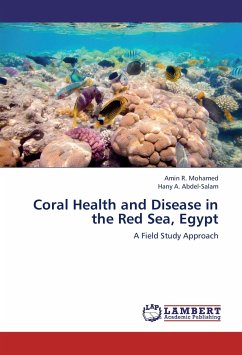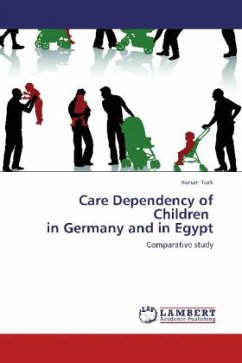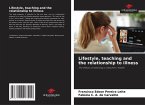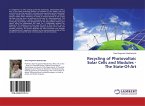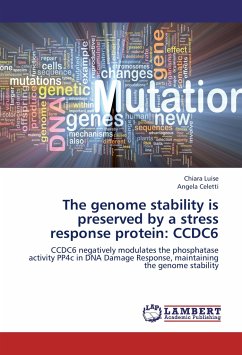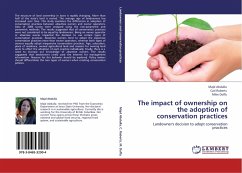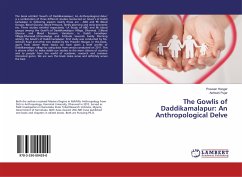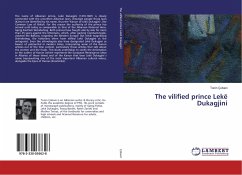The Red Sea is one of the most important repositories of marine biodiversity in the world.It is the world's northernmost tropical sea. Coral reefs are among the most biologically diverse and economically important ecosystems on the planet. They provide vital services to human societies and industries. Coral reef ecosystems in the Red Sea are legendary with more than 250 species of hard corals representing the highest diversity in the Indian Ocean. Coral diseases are challenging the resilience of coral reef communities. Unfortunately, very little is currently known about the distribution and prevalence of coral diseases in the Red Sea reefs. This book aims to provide baseline knowledge of coral disease/syndrome, predation and other signs of compromised health affecting hard corals in the northern Egyptian Red Sea, and to identify coral species that were the most susceptible to each specific coral disease. This project is part of the work of Egypt s coral reefs research group: Dr Hany A Abd-elsalam, Dr Abdel-Hamid A M Ali and Mr Amin R Mohamed.
Bitte wählen Sie Ihr Anliegen aus.
Rechnungen
Retourenschein anfordern
Bestellstatus
Storno

